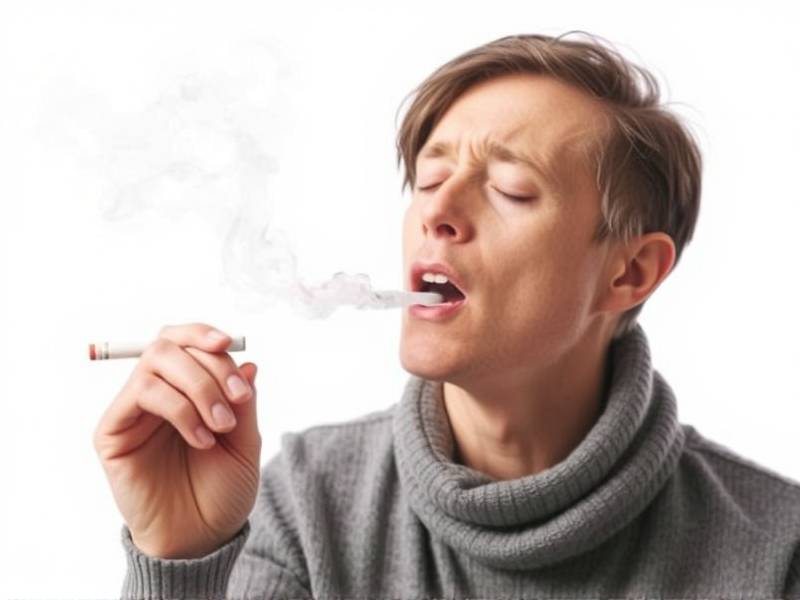Is It Normal to Wheeze After Quitting Smoking?
Understanding the Whispers: Is Wheezing After Quitting Smoking Normal?
Introduction: Quitting smoking is a significant step towards a healthier life, but it's not uncommon to experience various symptoms during the process. One such symptom is wheezing, which can be concerning for many new quitters. In this article, we will delve into the reasons behind wheezing after quitting smoking and whether it's a normal part of the journey.

Section 1: What is Wheezing? Wheezing is a high-pitched whistling sound that occurs when air passes through narrowed airways. It can be triggered by various factors, including allergies, asthma, and respiratory infections. However, in the context of quitting smoking, wheezing often stems from changes in lung function and inflammation.

Section 2: The Link Between Smoking and Wheezing Smoking causes chronic inflammation and damage to the lungs. Over time, this inflammation can lead to narrowing of the airways, making it difficult for air to flow freely. When you quit smoking, your body starts to heal and repair itself. This healing process can sometimes trigger symptoms like wheezing as your lungs adjust to the absence of tobacco smoke.
Section 3: Is Wheezing Normal After Quitting Smoking? Yes, it is normal to experience wheezing after quitting smoking. The symptoms usually occur within the first few weeks or months of quitting as your body continues to recover from the effects of smoking. However, if you have pre-existing respiratory conditions like asthma or COPD (Chronic Obstructive Pulmonary Disease), you may experience more pronounced symptoms.
Section 4: Managing Wheezing After Quitting Smoking While wheezing can be uncomfortable, there are ways to manage it effectively:
- Stay Hydrated: Drinking plenty of water helps keep your respiratory passages moist and reduces inflammation.
- Use Humidifiers: Adding moisture to the air can help alleviate wheezing by keeping your airways hydrated.
- Avoid Triggers: Identify any allergens or irritants that may worsen your wheezing and try to avoid them.
- Consult Your Doctor: If your wheezing persists or becomes severe, it's important to consult with a healthcare professional for proper evaluation and treatment.
Conclusion: Wheezing after quitting smoking is a common symptom that indicates your body is healing from years of tobacco smoke exposure. While it may be concerning initially, understanding its cause and taking appropriate measures can help alleviate discomfort and support a smooth transition towards a smoke-free life. Remember, seeking guidance from healthcare professionals is crucial if you experience persistent or severe symptoms.
